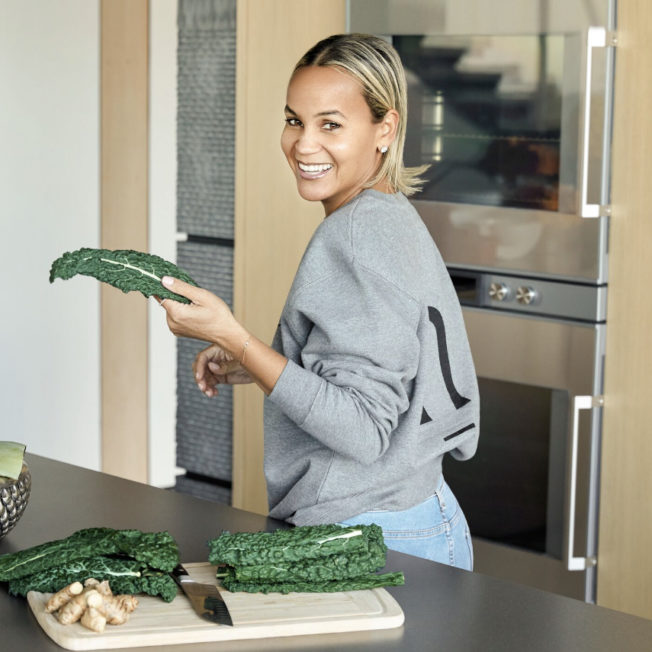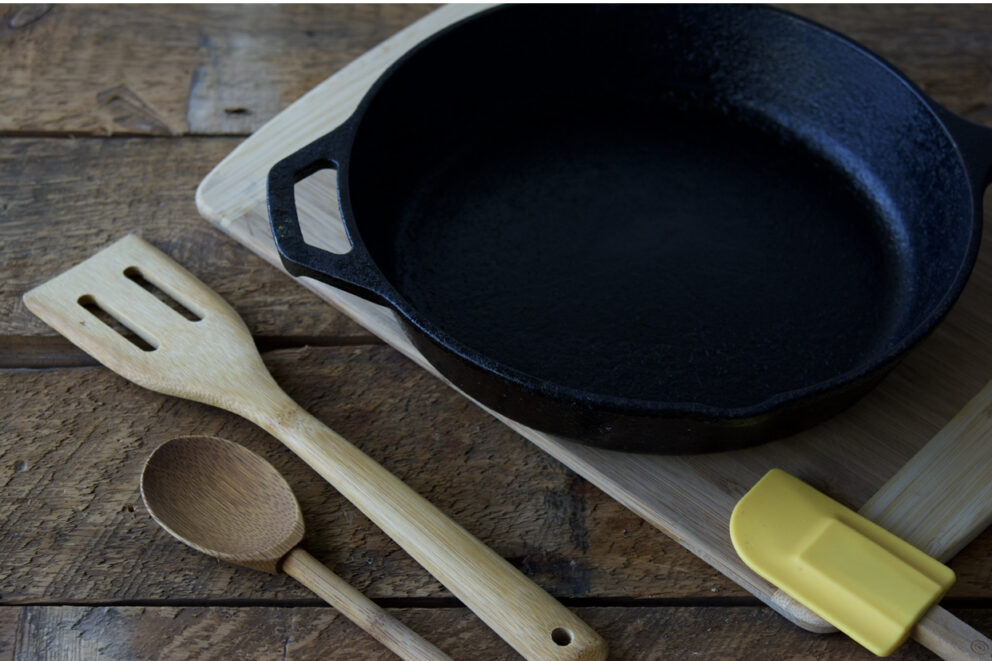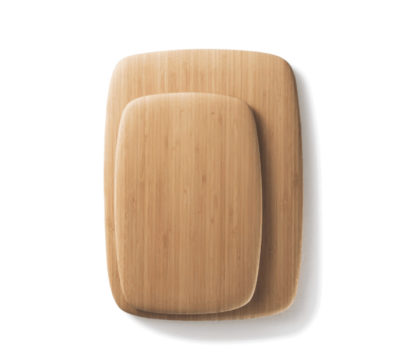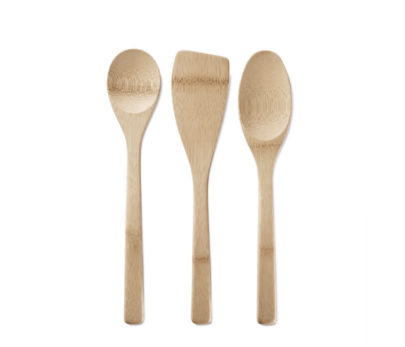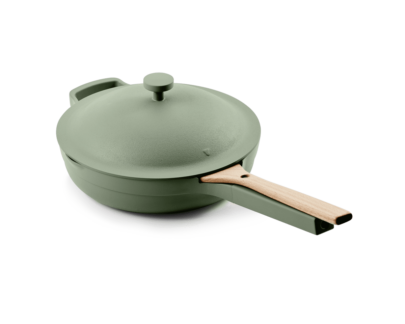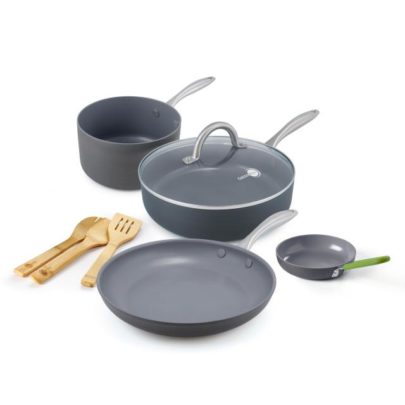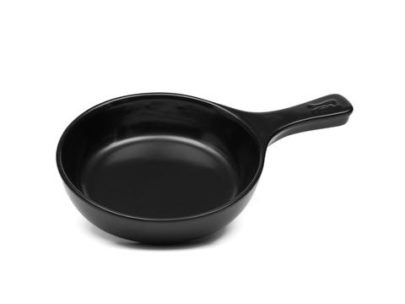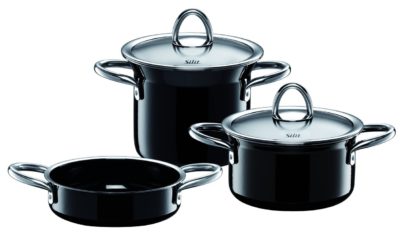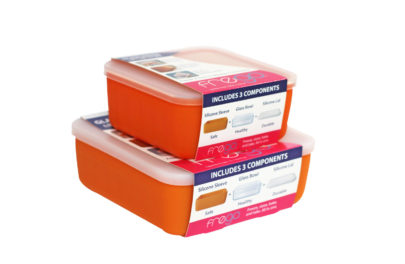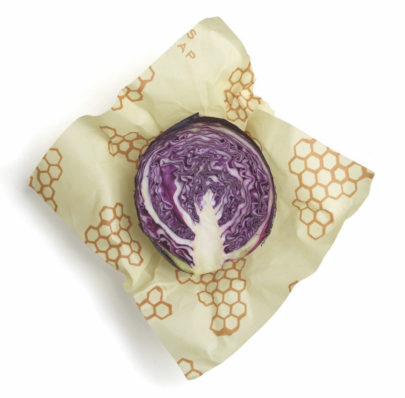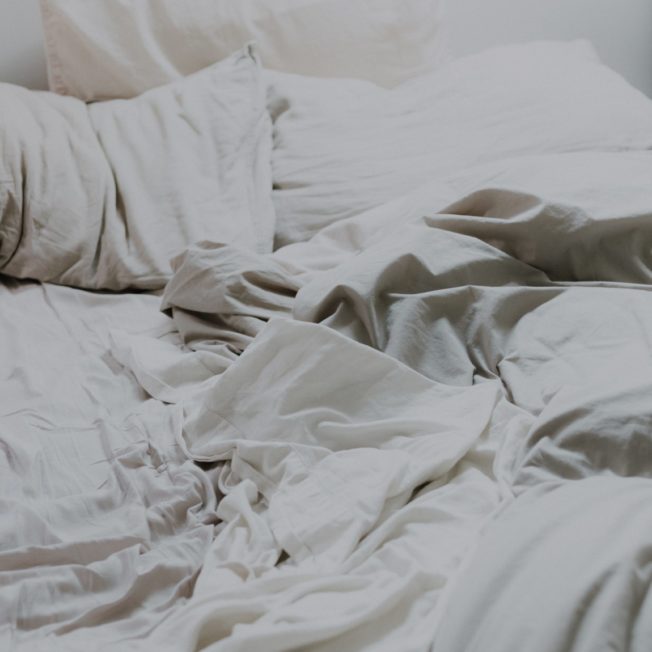In my most recent book, Shut up and Cook!, I mention that I use specific kitchen tools when cooking. This is because many years ago I discovered that some cooking utensils can be detrimental to our health. Now, I did not grow up hearing any of this. It was only after becoming aware of this fact in the ’90s that the talk of toxins in our cookware became a part of my dialogue.
Toxins are everywhere—the invisible enemy. They hide in many of our everyday products, including our food, and we don’t even know it. After ingesting these toxins, they enter our bloodstream and can possibly wreak havoc on our health over time. Resulting issues may include infertility, endocrine imbalance, hair loss, organ (i.e., lung, kidney, and liver) complications, weight concerns, neurological problems, Alzheimer’s, and more.
Do you think the only reason that your hormones are out of whack is your diet? Or that it is just the progression of life? Honestly, I didn’t ever think hormonal imbalance was due to exposure to toxins, either. But the negative health effects do not begin or end with our hormones. Even heavy metal exposure, from the Aluminum in our pots and pans, that our food comes in contact with can potentially increase the toxic load in our body. (FYI: Heavy metal blood tests do exist and are available from some health care practitioners, but not all.)
Here are some of the red flags that I have tried to eliminate from my kitchen:
Aluminum:
Is a heavy metal toxin frequently found in food wrap, pots, and pans. High exposure can lead to aluminum toxicity.
Melamine:
Is another name for formaldehyde, a carcinogenic ingredient used by morticians during the embalming process. It is found in the kitchen because it forms a hard, heat-resistant plastic that can be found in some plates.
BPA :
Is an industrial compound frequently found in plastic, from plastic cups to water bottles, and food storage containers, that is a known endocrine-disrupter.
PVC, or Polyvinyl Chloride:
Is a synthetic plastic that is also used to make pipes but can be found in plastic wrap and other plastics.
Lead:
Is a toxic heavy metal. It can be found in certain glass, ceramic items, and even flatware, or dining utensils.
Teflon:
Is a chemical sometimes used as a “non-stick” coating on pans, so that food items do not stick to the surface. Be aware that it can be coated with the dangerous chemical, perfluorooctanoic acid (PFOA).
Cadmium:
Is a toxic metal found in some glass and enamel cookware. It can cause flu-like symptoms AKA “The Cadmium Blues.”
Stainless Steel:
Is made from chrome, nickel, and recycled metal that runs the risk of being radioactive.
Here are some useful tips on what to add to your kitchen instead:
Cast iron skillets that are non-chemically treated receive mixed reviews but are what I use.
Bamboo cooking utensils are preferable to plastic because they do not leach chemicals into your food when heated. Make sure you select bamboo utensils made without glue and adhesives.
Woodcutting boards pose less of a risk of unintentionally cutting plastic scraps into your food.
Food wraps made by Bees Wrap, such as their Beeswax Biodegradable Food Wrap, provides us with non-toxic options for covering our foods. You can also find a plastic wrap that is BPA-free and PVC-free or simply use Parchment paper.
Glass Storage Containers are preferable to plastic containers. Check out the brand FREGO for freezer and refrigerator-safe options.
Pots and Pans that are made without PFOA’s, Cadmium, Lead, and PFAS are nécessité. I sometimes use the brand Silit, (see more suggestions below) which makes nickel-free, ceramic pots, and pans with a drawn steel core.
Plates should be made without Melamine or Lead. I know it is confusing as H-E double-toothpicks. At first, I wondered, “What the heck am I supposed to cook with?” But remember that the goal is to lower our exposure to toxins, and to avoid them altogether when we have the choice. Start by looking for cookware that is free of Aluminum, PFOA, Lead, Nickel, and Cadmium, especially if you use them often. Otherwise, the heat allows the toxic chemicals to blindly tiptoe into the food you are cooking—and then you eat those chemicals along with your food. This is why cooking with awareness is nécessité.
*Here at the necessite.co website, we provide you with mindfully curated product recommendations that we love and support in hopes that you will love them too. The trust of our readers is very important to us, therefore, we want to inform you that nécessité does not receive any form of commission/compensation from affiliates for products featured in our articles.
Certified Holistic Health Coach
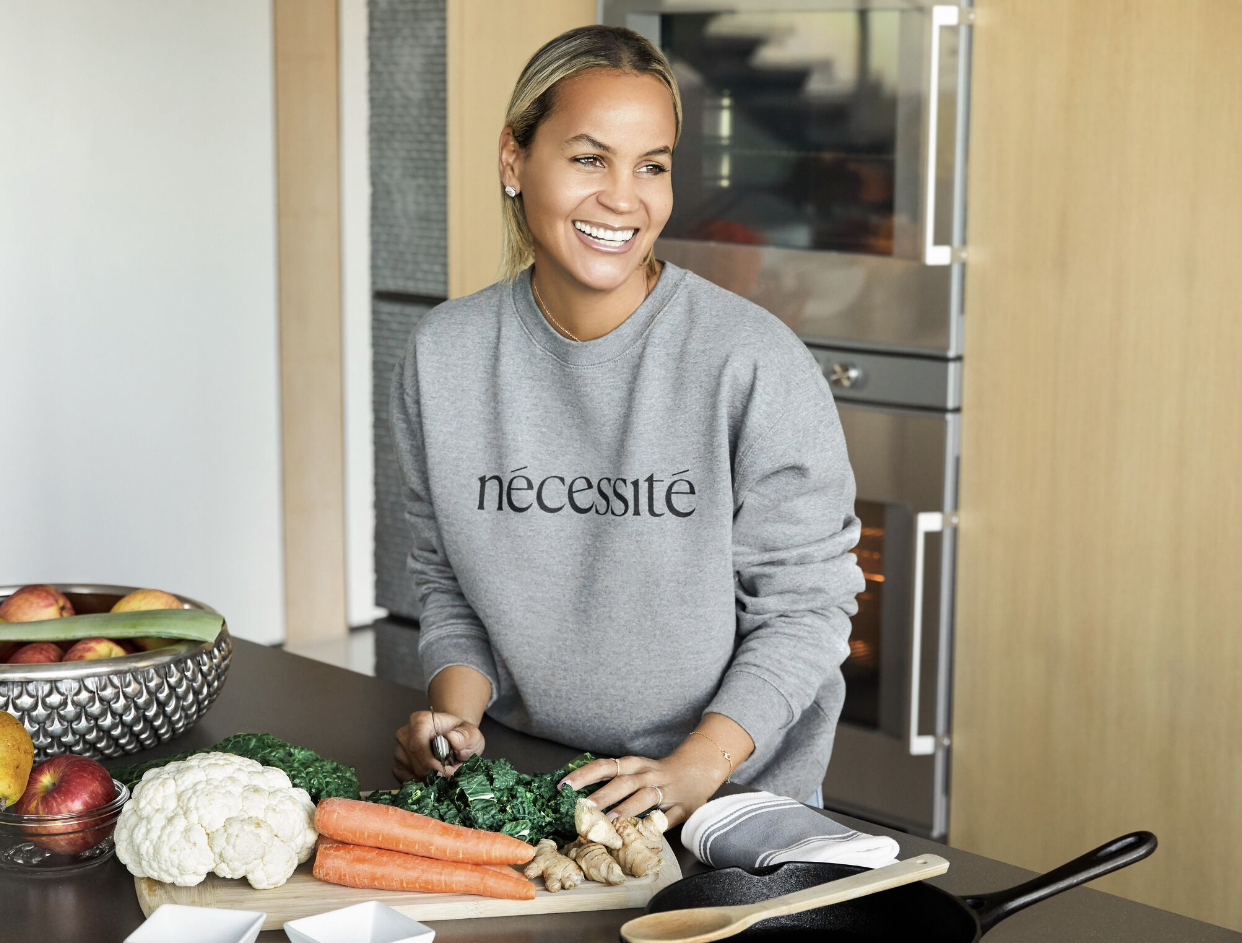
 Erica Reid, Founder of nécessité
Erica Reid, Founder of nécessité
















